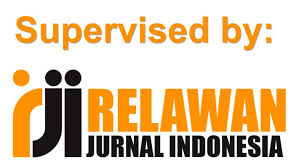Harmonisasi Hukum Digital: Tantangan Global dan Strategi Adaptif Indonesia dalam Era Kedaulatan Siber
DOI:
https://doi.org/10.37092/hutanasyah.v4i1.1297Keywords:
Legal Harmonization, Digital Globalization, Cyber Sovereignty, Adaptive StrategiesAbstract
The era of digital globalization presents significant challenges to the harmonization of international law and national law. This article examines the complexity, dynamics, and urgency of harmonization of the two legal systems in the context of rapid digital globalization. The research was conducted through a normative juridical approach with a qualitative descriptive analysis method. The results of the study indicate that digital globalization has transformed the paradigm of state sovereignty and traditional jurisdiction, thus requiring a comprehensive reorientation of the concept of legal harmonization. There are four main dimensions of harmonization: technical-procedural, substantive, institutional, and philosophical-conceptual. The study identified that the main challenges of harmonization include disparities in technological capacity between countries, inconsistencies in juridical terminology, regulatory gaps, and fragmentation of global standards. This article proposes a progressive-adaptive harmonization model that emphasizes regulatory convergence based on the principles of inclusive sovereignty and normative compatibility as a strategic solution. The implications of the findings emphasize the importance of a multistakeholder approach and regulatory flexibility in bridging the gap between international legal instruments and implementation in the national context in the era of digital disruption.
Downloads
Published
How to Cite
Issue
Section
License
Copyright (c) 2025 Syaiful Anwar, Johan Edi Nepri

This work is licensed under a Creative Commons Attribution-NonCommercial-ShareAlike 4.0 International License.



1.png)





